What is maxillofacial prosthodontics?
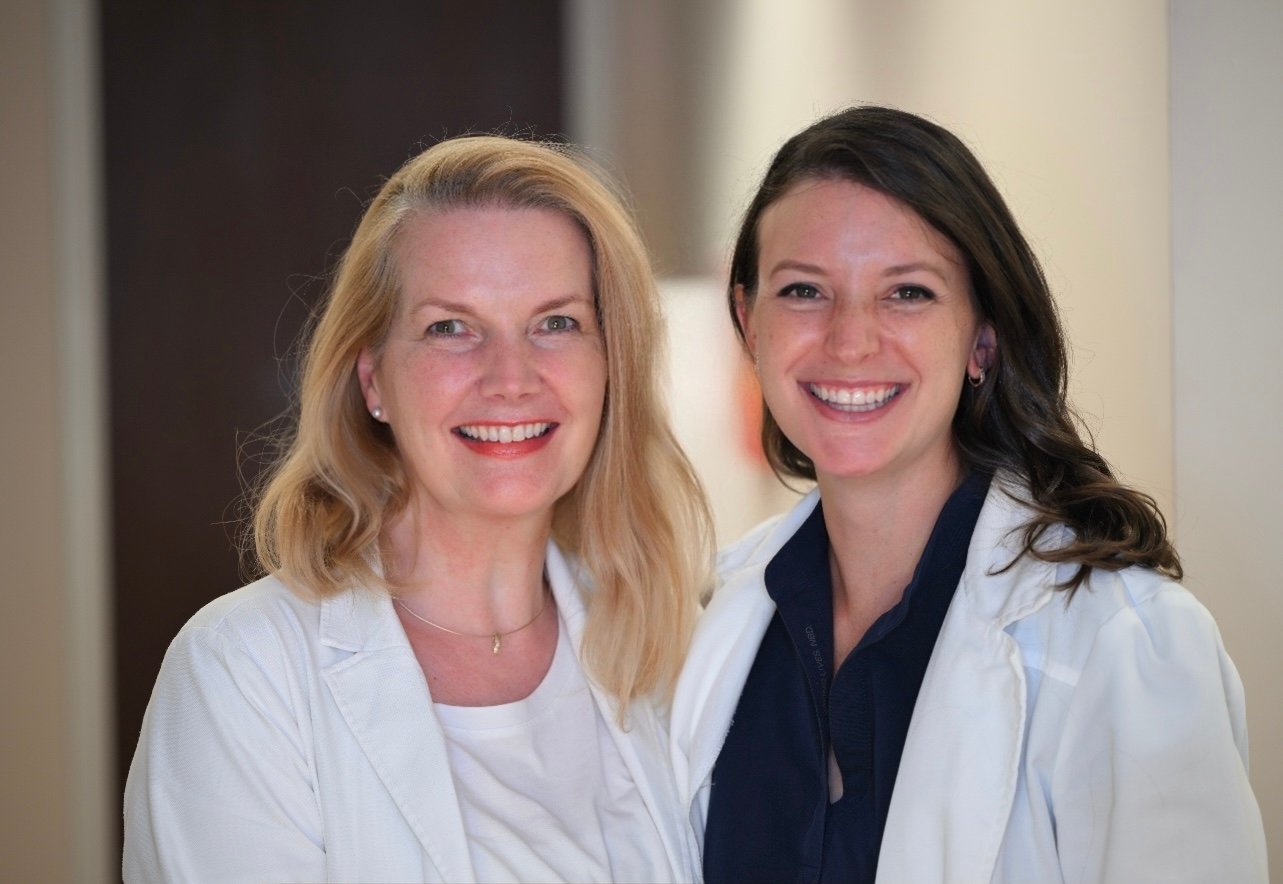

Maxillofacial Prosthodontics
Dr. Ursula Klostermyer and Dr. Clara Bergeron have extensive experience helping patients who require complex rehabilitation after trauma, tumor removal, or related to congenital conditions. With years of training and dedication, they combine clinical precision with an artistic touch to restore both form and function. Their expertise includes designing and delivering customized intraoral and extraoral prostheses—such as obturators, speech-aid devices, and facial restorations—each tailored to the unique anatomy and needs of the individual patient.
These advanced treatments often involve close collaboration with surgeons, oncologists, speech and occupational therapists, and other specialists. Dr. Klostermyer and Dr. Bergeron serve as key members of this multidisciplinary team, guiding patients through each stage of treatment with compassion, skill, and clear communication. Their goal is to not only improve health and function, but also to give patients confidence, comfort, and a better quality of life.
Oral Cancer & Maxillofacial Rehabilitation
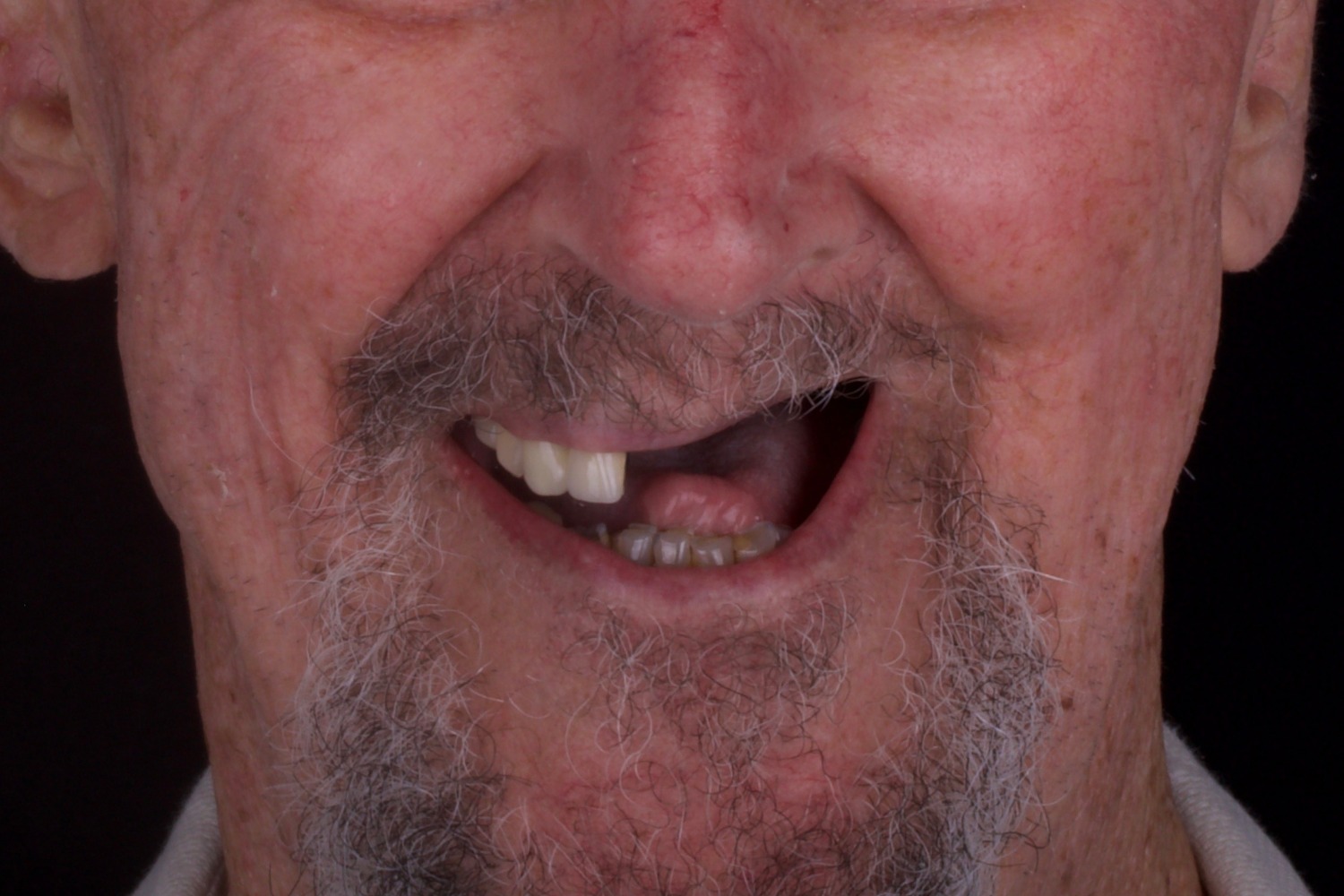
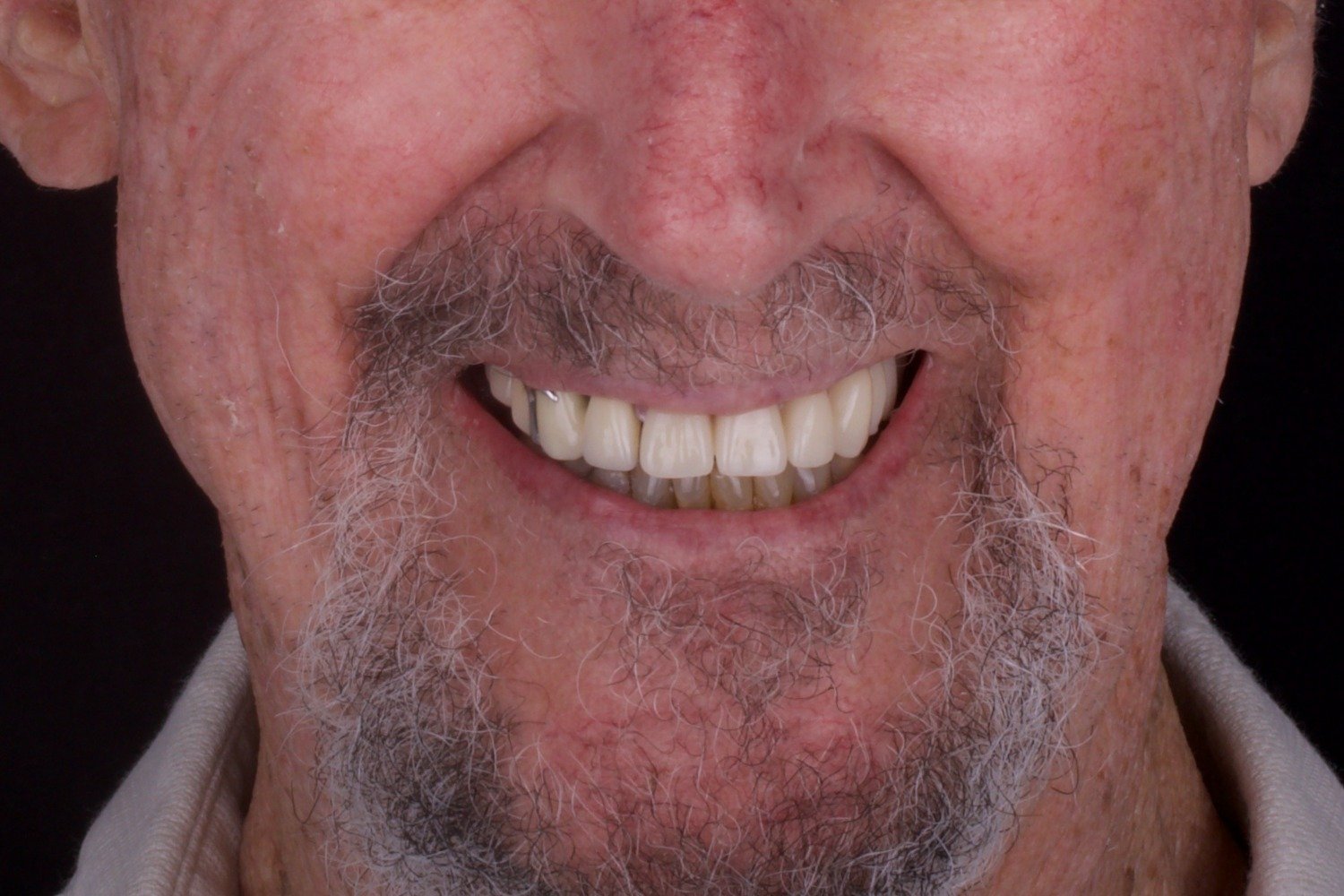
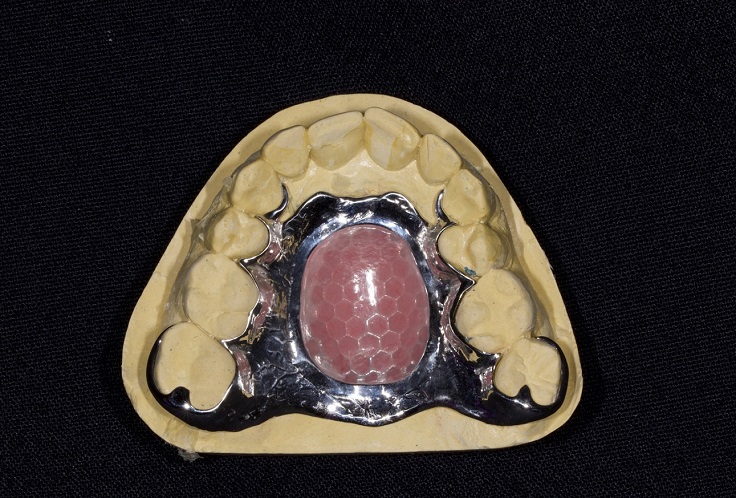
Congenital & Developmental Conditions
TMD/TMJ Management
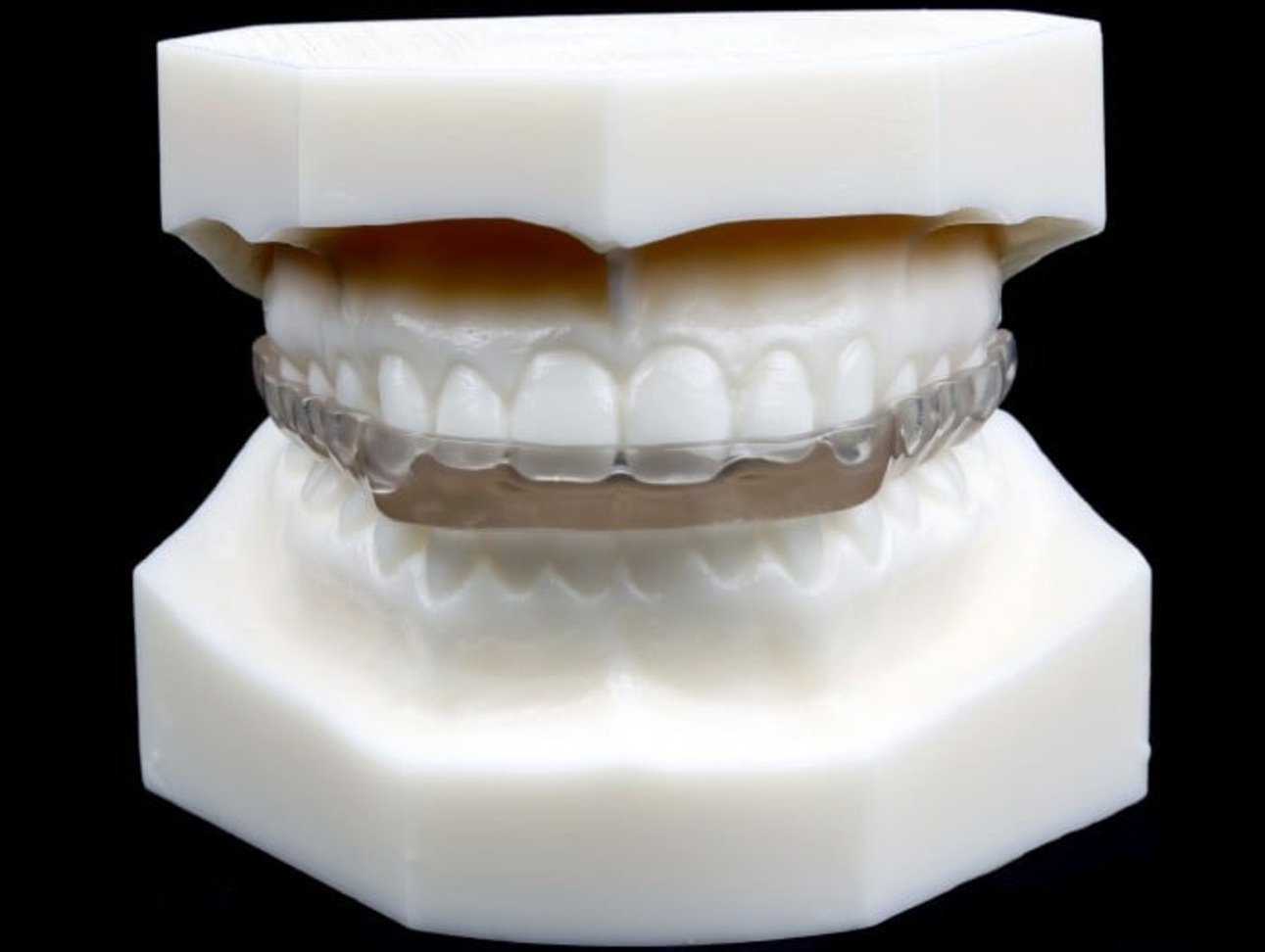
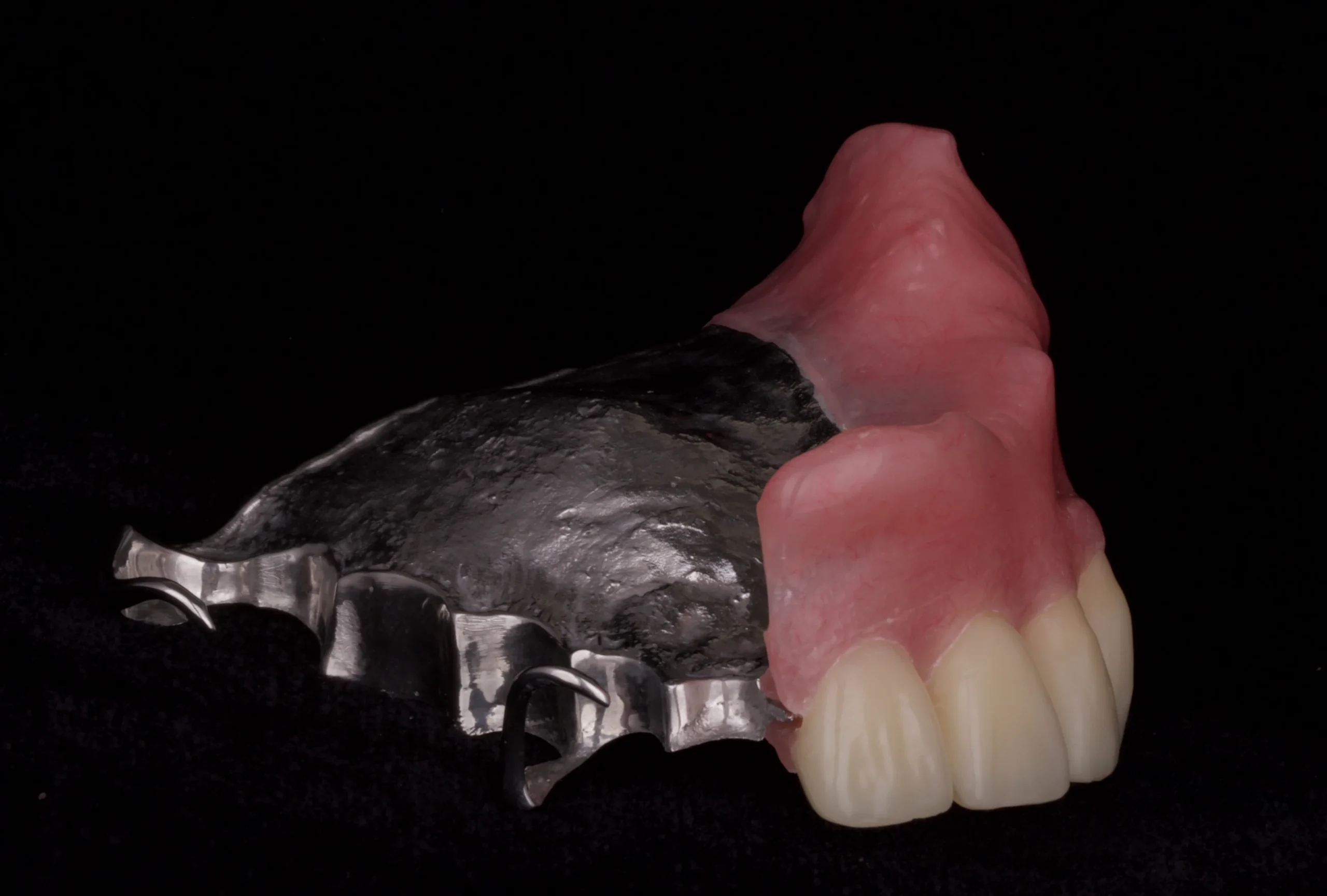
Obturator
An obturator is a custom-made prosthetic device used to close congenital or acquired openings in the palate or upper jaw, often resulting from surgical treatment of oral cancers, cleft palate, trauma, or other conditions that affect the maxillofacial structures. An obturator restores the separation between the oral and nasal cavities, allowing patients to speak, chew, and swallow more effectively.
Obturators are carefully designed to fit securely and comfortably, often blending prosthetic teeth with a lightweight acrylic base that fills the defect. In many cases, they are a critical part of comprehensive maxillofacial rehabilitation—restoring both function and appearance, and significantly improving quality of life.
Palatal lift
Speech bulb
A speech bulb is a custom-made prosthetic device designed to help patients with velopharyngeal insufficiency (VPI)—a condition where the soft palate cannot adequately close against the back of the throat during speech, often due to cleft palate, neurological disorders, or post-surgical changes.
This prosthesis includes an acrylic extension (the “bulb”) that fits into the space at the back of the throat, helping to close the gap between the soft palate and the pharyngeal wall. It restores proper airflow and resonance during speech, significantly reducing nasal-sounding speech (hypernasality) and improving articulation.
Speech bulb prostheses are typically used in collaboration with speech-language pathologists as part of a comprehensive therapy plan. They are carefully tailored to each patient’s anatomy and functional needs, offering a non-surgical solution for improved communication and confidence.
Restoration of Fibula Free Flap aka “Jaw-In-A-Day”
“Jaw-in-a-Day” is an advanced procedure that replaces part of the jaw and restores missing teeth—all in a single surgery. Using a piece of bone from the leg (called a fibula free flap), the jaw is rebuilt and dental implants are placed at the same time. A custom-made temporary set of teeth is attached during surgery, so patients leave with a new smile the same day.
What makes this approach unique is the close collaboration between the surgical and prosthetic teams. Through digital planning and 3D technology, we design the jaw reconstruction and the implant-supported teeth in advance to ensure a precise, functional, and aesthetic result.

